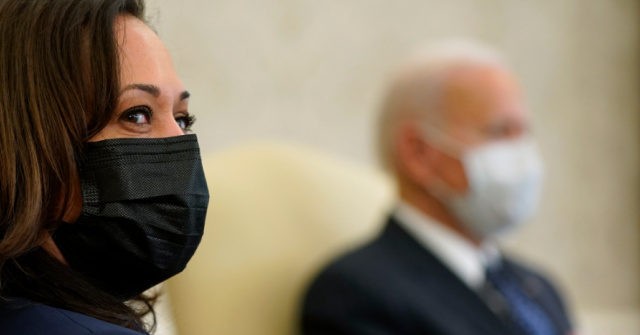White House Press Secretary Karine Jean-Pierre recently addressed reporters regarding the political implications of the 2024 elections and their relation to the ongoing effects of the COVID-19 pandemic. She stated that Vice President Kamala Harris and, by extension, the Democratic ticket faced significant challenges partly due to “global headwinds” stemming from the pandemic, which had resulted in various socio-political disruptions. This commentary reflects a broader narrative in which the pandemic is seen as a persistent influence on public sentiment and electoral outcomes, despite the initial advantages it had provided to Democrats in the 2020 elections. The correlation between voter dissatisfaction stemming from pandemic management and the recent electoral defeats highlights a complex relationship between public health crises and political fortunes over time.
During her statements, Jean-Pierre emphasized that, while the pandemic may have facilitated Biden’s election victory in 2020 — largely due to public anger over the administration’s handling of the situation and significant shifts in voting regulations — its effects have lingered, contributing to the electorate’s mood in 2024. She noted that despite the accomplishments of the Biden administration, voter sentiment had been heavily influenced by residual frustrations stemming from COVID-19. Jean-Pierre remarked on the broader trend observed globally, suggesting that the political impacts of the pandemic are not limited to the United States but have affected incumbent parties worldwide. This indicates a perception of a cascading effect, where pandemic-related issues reverberate through the political landscape, influencing outcomes and shaping public opinion.
Jean-Pierre’s comments also reflect a sense of acceptance from the Biden-Harris administration regarding the electoral results. In her remarks, she underscored the importance of respecting the electorate’s choices, stating that “you can’t love your country only when you win.” This position embodies a commitment to democratic principles, emphasizing the necessity of a peaceful transfer of power and mutual respect among those with differing political views. This statement serves to reaffirm the administration’s dedication to maintaining democratic norms, particularly in a time of heightened political divisions and challenges.
In this context, the statements made by Jean-Pierre also serve to position President Biden and Vice President Harris as resilient participants in the democratic process, willing to introspect and acknowledge the reasons behind their electoral setbacks. By referring to “global headwinds,” she highlighted the interconnectedness of domestic and international political climates and suggests that many leaders across the world are grappling with similar challenges due to the pandemic. This acknowledgment of a broader global context aims to somewhat normalize the difficulties faced by the Democratic ticket in the recent elections, framing them as part of a larger trend in contemporary governance.
Moreover, this situation reflects the wider discourse surrounding political accountability and governance during crises. Critics of the administration may question the effectiveness of pandemic management as a central issue impacting voter sentiments. In contrast, supporters may point to the accomplishments achieved amid adversity as reasons to support the incumbent party. Such polarized viewpoints underline the complexities within contemporary political discourse and the varying interpretations of governance in a pandemic-influenced landscape.
Ultimately, Jean-Pierre’s remarks encapsulate an ongoing dialogue about the intersection of public health, governance, and political outcomes. The Biden administration’s readiness to navigate criticism while fostering a narrative of resilience and acceptance after electoral losses speaks to their broader strategy in facing challenges head-on. As voters continue to grapple with the effects of the pandemic and its influence on their perspectives, both parties are likely to adapt their messages and policies in response to the evolving political climate, illustrating the fluid nature of contemporary political engagement.

